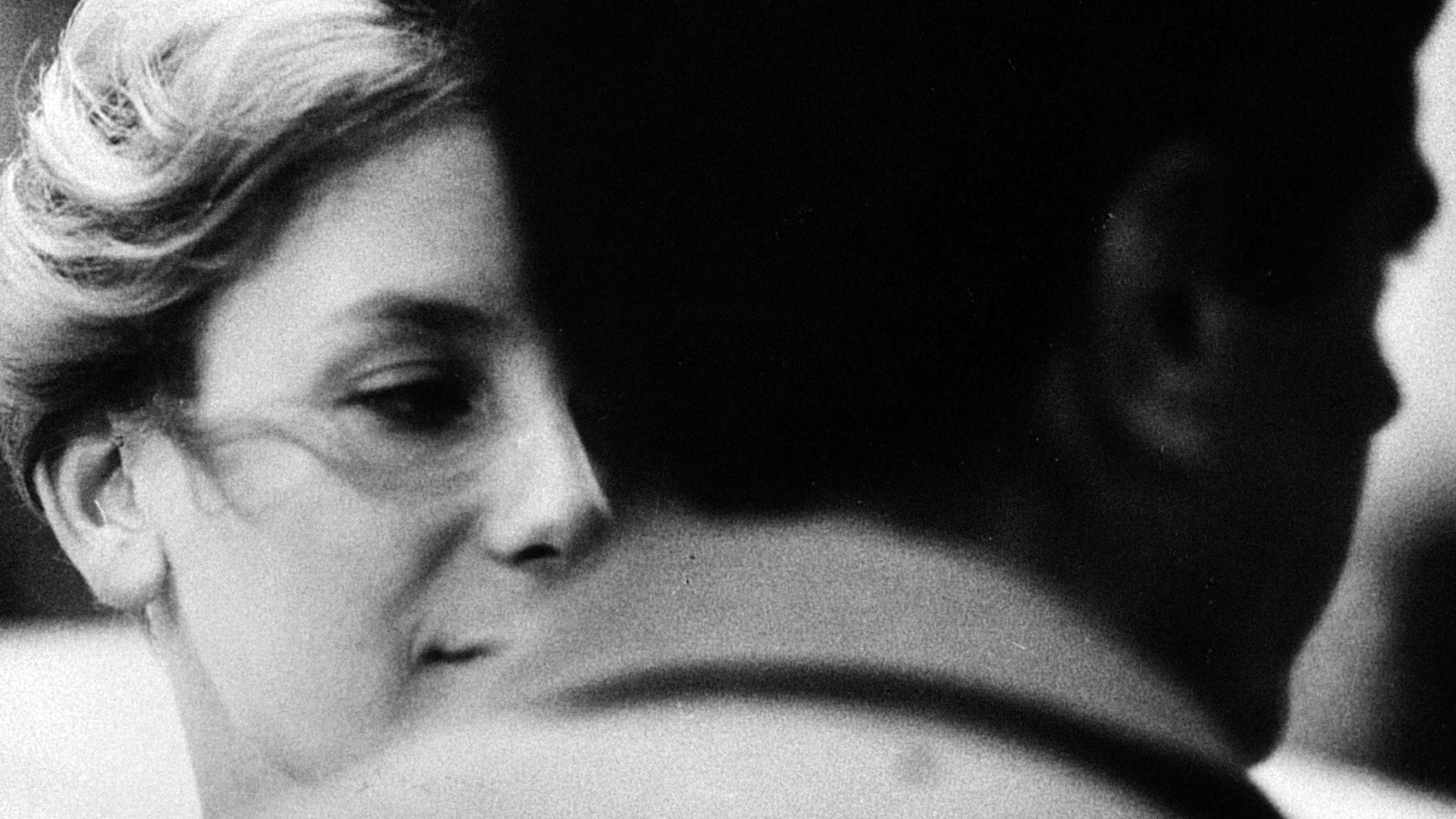Description
A man confronts his past during an experiment that attempts to find a solution to the problems of a post-apocalyptic world caused by a world war.

A man's obsession with an image of his past
1962-02-16
N/A
29 min
A man confronts his past during an experiment that attempts to find a solution to the problems of a post-apocalyptic world caused by a world war.
The short film that inspired Terry Gilliam's "Twelve Monkeys" (1995). A man travels through time, to his life before World War III, guided by his persistent memories of the past. The story is thoroughly narrated, almost completely made of still greyscale images.
This French short film, made in 1962 at the height of the Cold War, tells the story of an unnamed man who travels through time looking for help for the destroyed city of Paris. It served as the basis for "Twelve Monkeys," and, I theorize, may have kick started the central idea in "The Time Traveler's Wife." Translated as "The Pier," the film opens on a Parisian airport pier, where people can watch planes take off and land. The film has no dialogue aside from the narrator and some hushed whispering, so we are told that the unnamed Man (Davos Hanich) remembers being at the airport as a child before World War III, and watching a man fall and die. The image stayed with him forever, as did the face of a mysterious woman who was also there. Paris has been obliterated in a nuclear holocaust, and the survivors have retreated underground. The Man has been taken prisoner by the war's victors -we never learn who "won"- and is subjected to experimentation by a Doctor (Jacques Ledoux). Other prisoners have died or were turned into vegetables by the experiments, but the Man might be different because he has strong mental images, like the airport, to fall back on. What the Doctor wants to do is send the Man either back into time, or ahead into the future, to get help for the present. The Man is injected with drugs, has a wired blindfold placed over his eyes, and begins time travelling, albeit very slowly. After a week and a half, he does see images like his central image of the airport. Then, after almost a month, he meets an unnamed Woman (Helene Chatelain). The Man is somewhere in the past, and keeps popping in on the same woman. They tour gardens together, and finally the Man explains why he is there, as the Woman listens patiently. What worries the Man most is that he does not know if he is popping in and out of the past, dreaming the Woman up, or remembering that he really did meet her, and only now thinks of her. The ending is sudden, and memorable.
I forgot this was the basis for Terry Gilliam's best film but what stuck in my head was how this story could have been the Eric Bana point of view of "The Time Traveler's Wife." The Man wonders what the Woman must think as he randomly shows up to be with her. Thanks to the O.Henry-like story construction, omnipotent narration, and early 1960's black and white photography, I would compare this to a very good "Twilight Zone" episode. Aside from a few seconds of the Woman blinking, the film is all done with still-shot photography and voice over narration. While some of you might be reminded of film strips from your school days, the technique is easy to get used to, and serves as an oral history for the viewer, watching a glimpse of a future war. It is difficult to turn in a performance on what amounts to a series of photographs, but Hanich and Chatelain use their faces expertly. Writer/director Marker does not try to turn this into a science fiction epic, the war is hinted at and the time travel makes little sense. He does hold the viewer's interest by keeping the Man in the dark as well. As he discovers things, so do we. The finale is very sad and effective. I found the musical score a little too overwhelming here and there, but maybe we were experiencing the score based on the Man's reaction to falling in love with the Woman, and thereby sentimentalizing his feelings. "La Jetée" is a very strong short film, and it is easy to see why it was turned into the better Gilliam effort. In this rare case, I would have liked to see Marker expand on this sad vision of the world.